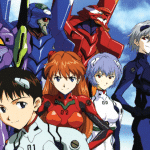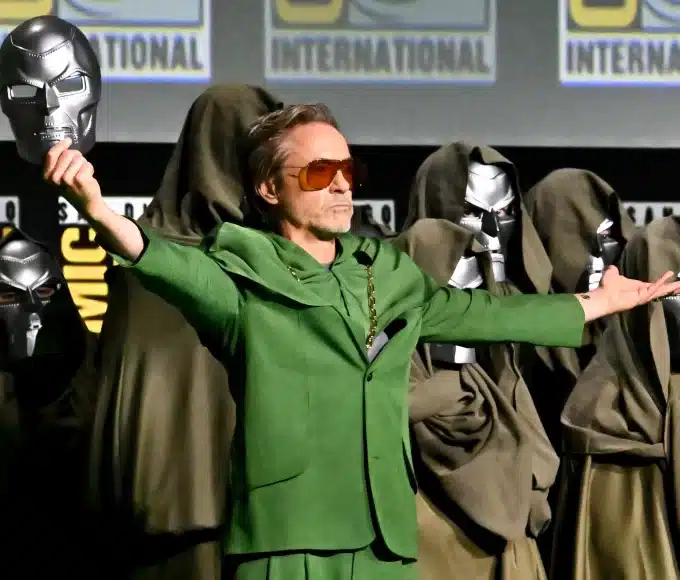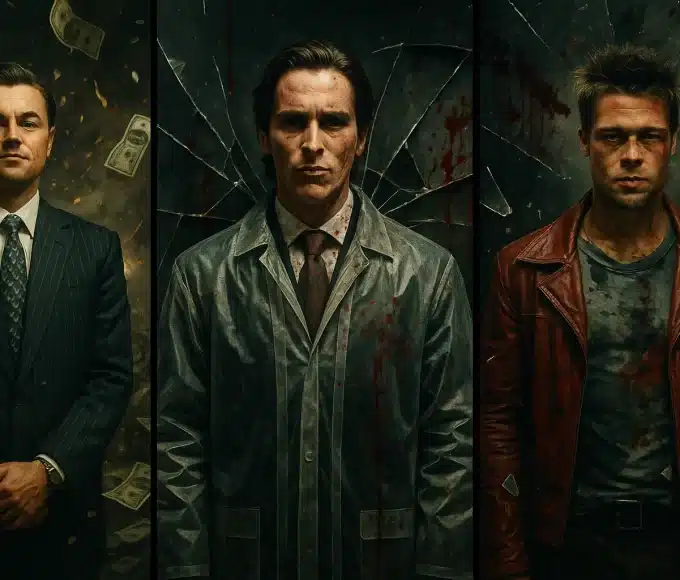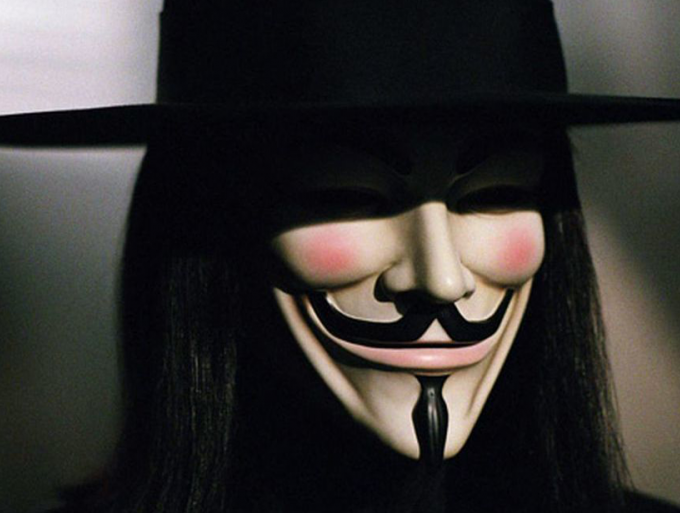No products in the cart.
© Copyright 2022 Jellywp. All rights reserved powered by Jellywp.com
Movies
 staffNovember 29, 20242 Mins read412
staffNovember 29, 20242 Mins read412
5 Best Russian/Soviet Movies to Watch That Are Cult Classics in 2024
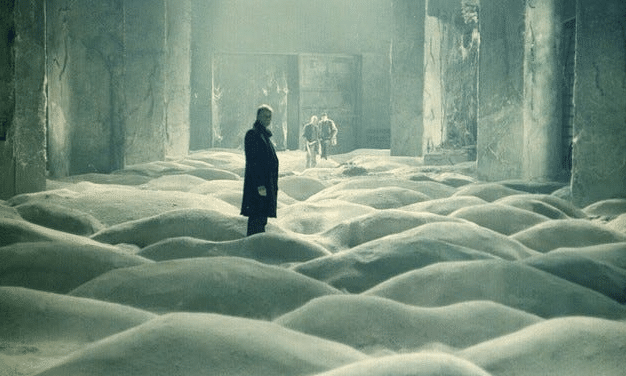
When you think of cinematic history, the Soviet Union may not be the first place that comes to mind. However, Soviet Movies have given the world a treasure trove of films that continue to captivate audiences today.
These movies offer a unique blend of cultural storytelling, political subtext, and surreal visuals that remain influential even in 2024.
If you’re looking to explore some of the finest films from this cinematic tradition, here are five Russian Soviet movies that have achieved cult classic status and are still relevant in today’s film world.
Stalker (1979) – Andrei Tarkovsky
Widely regarded as one of the greatest Soviet films ever made, Stalker is a thought-provoking journey into the unknown. Based on the novel Roadside Picnic by Arkady and Boris Strugatsky, this science fiction masterpiece explores themes of desire, faith, and the human condition.
The film’s eerie atmosphere, slow pacing, and philosophical undercurrent make it much more than a typical sci-fi story. Set in a mysterious area called “The Zone,” which is believed to grant wishes, Stalker transcends its genre and remains a favorite for film enthusiasts worldwide. It’s been described as “one of the most spiritual films ever made” by Roger Ebert.
The Irony of Fate (1976) – Eldar Ryazanov
A beloved tradition during New Year’s celebrations in Russia, The Irony of Fate is a romantic comedy that has become a cultural staple. The film tells the story of a man who, after a drunken mix-up, ends up in the wrong apartment in Leningrad (now St. Petersburg) and gets entangled in a series of unexpected events.
Beyond its light-hearted premise, the film also offers a glimpse into Soviet society, making it a unique blend of humor and social commentary. Its annual TV broadcasts have helped cement its status as a Russian classic.
Battles Without Honor and Humanity (1973) – Kinji Fukasaku
Although Battles Without Honor and Humanity is a Japanese film, its influence on Soviet Movies, especially in the crime drama genre, is undeniable. The movie’s gritty portrayal of post-war yakuza culture and its exploration of loyalty, betrayal, and corruption have resonated with Russian filmmakers, inspiring works such as Aleksei Balabanov’s Brat (Brother).
Even though it’s a Japanese film, its themes continue to echo in Russian cinema, particularly in the post-Soviet era.
Solaris (1972) – Andrei Tarkovsky
Another seminal work by Andrei Tarkovsky, Solaris is a chilling exploration of memory, grief, and the human psyche. Based on Stanislaw Lem’s novel, the film follows a psychologist sent to a space station orbiting a distant planet to investigate the mysterious death of a crew member.
As the planet Solaris begins to manifest the crew’s painful memories, the film delves into the conflict between emotion and science. Its profound themes and eerie atmosphere have made it a cornerstone of both Soviet and global sci-fi cinema. It has even influenced films like Interstellar (2014).
War and Peace (1967) – Sergei Bondarchuk
Adapted from Leo Tolstoy’s epic novel, War and Peace is one of the grandest Soviet Movies in history. The film masterfully brings to life the Napoleonic wars, Russian aristocracy, and the personal struggles of ordinary citizens caught in the chaos of history.
The movie’s breathtaking cinematography and grand scale made it a standout achievement in Soviet cinema. Winning the Academy Award for Best Foreign Language Film in 1968, War and Peace continues to be a must-watch for those interested in Russian cinema’s historical storytelling.
Recommended – 10 Bollywood Movies to Watch: A Beginner’s Guide to Indian Cinema

Dilruba
Phasellus tellus tellus, imperdiet ut imperdiet eu, iaculis a sem Donec vehicula luctus nunc in laoreet
Trending Now
Hot Topics
Categories
- anime5
- Bad Girls Club26
- Boardwalk Empire12
- Business1
- Cast9
- Cast7
- Cast7
- Celebrity503
- Cute31
- Dexter18
- Entertainment272
- Entertainment News655
- Fashion3
- Gossip244
- Headlines146
- Independent Films6
- Inspiration2
- Movie recommendations2
- Movies123
- Music206
- Once Upon A Time11
- politics9
- Season 10 Atlanta5
- Season 79
- Season 8 Las Vegas11
- Season 9 Mexico10
- Tech1
- The Voice2
- Theatre14
- TV155
- Uncategorized60
- Viral Videos4
Related Articles
Movies  staffAugust 20, 2025
staffAugust 20, 2025
Is the MCU Dead? Why No One Cares Anymore
Spread the loveLet’s cut the nonsense—is the MCU dead? From where I’m...
EntertainmentMoviespolitics  staffJuly 22, 2025
staffJuly 22, 2025
Why Movies as Political Tools Get Misread by the Very People They’re Warning
Spread the love Some of the most powerful movies ever made were...
Moviespolitics  staffJune 30, 2025
staffJune 30, 2025
Movies as Political Tools: How Film Shapes Power
Spread the loveWe act like movies are just entertainment. They’re not. From...
Independent FilmsMovie recommendationsMovies  staffJune 23, 2025
staffJune 23, 2025
The Best Movies of the Past Few Years You Actually Should’ve Watched
Spread the loveWe’ve got blockbusters, hero movies, intense indie cuts, and international...



